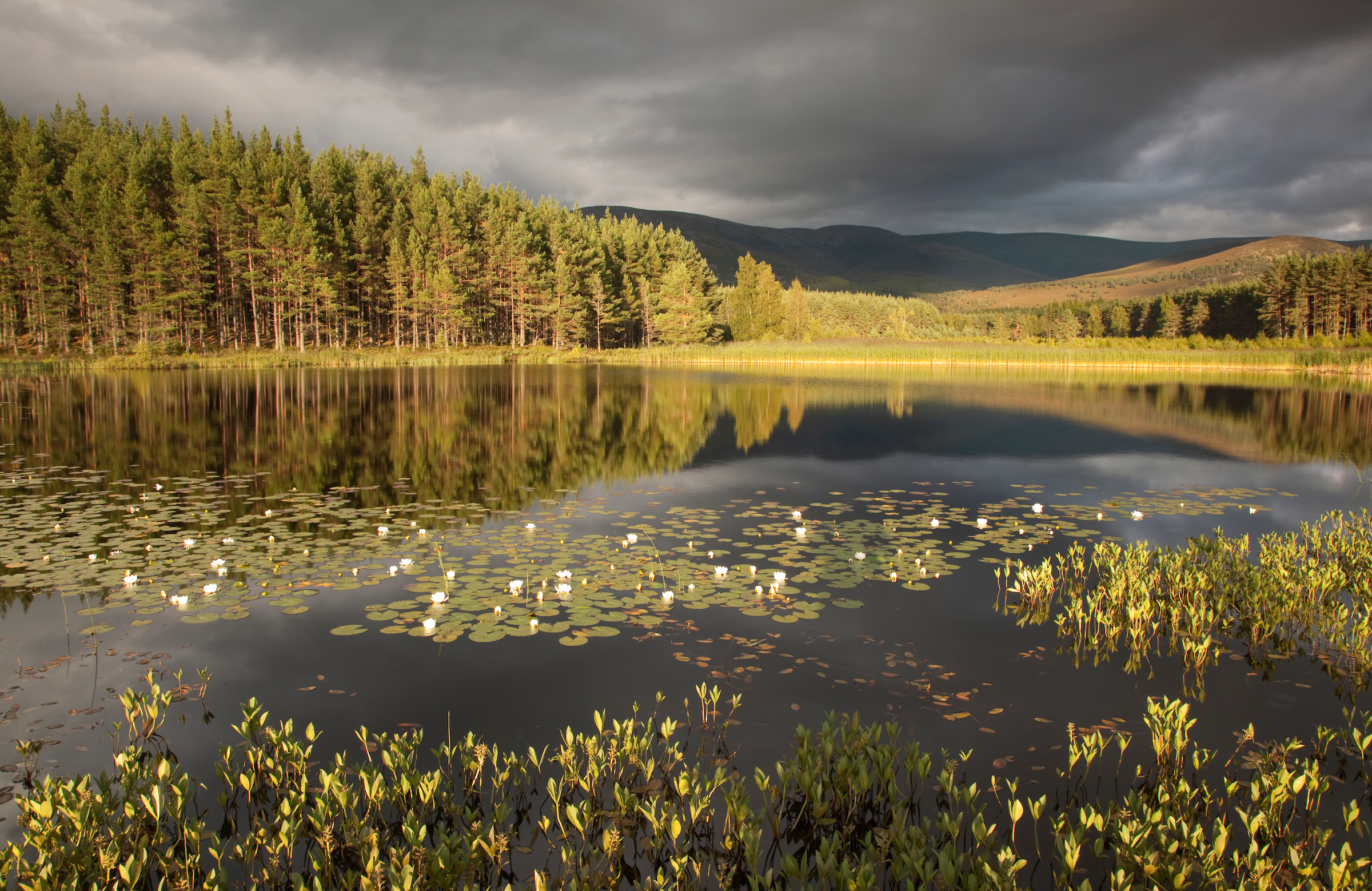More than 2% of Scotland’s land is now rewilding according to new figures from the Scottish Rewilding Alliance, as it launches a Rewilding Nation Charter calling for Scotland to declare itself the world’s first rewilding nation.
Despite growing praise for its rewilding progress, Scotland remains one of the most nature-depleted countries on Earth. The new Charter says rewilding offers hope for restoring habitats and saving wildlife, with major benefits for people, but much more needs to be done.
The Alliance is urging people from all walks of life to sign the Rewilding Nation Charter which calls on the Scottish Government to commit to nature recovery across 30% of land and sea.
The campaign includes a new feature-length film called Why Not Scotland?, which explores how rewilding could happen on a bigger scale in the country. The documentary will be shown on a nationwide screening tour including Oban, Peebles, Dundee, and Inverness, following an Edinburgh premiere.
“Climate breakdown and nature loss mean we face an unprecedented threat to our way of life and our children’s future. But it’s not too late. Scotland can lead the way as a Rewilding Nation to benefit nature, climate and people,” said Steve Micklewright, Scottish Rewilding Alliance Convenor and Chief Executive of Trees for Life.
Scotland is ranked 212 out of 240 countries and territories for the state of its nature, and 11% of its species face extinction. Intensive agriculture and climate breakdown are having the biggest impacts on biodiversity, according to the authoritative State of Nature 2023 report, with other threats including non-native forestry, pollution, and introduced species.
This is undermining access to food, fresh water and clean air. It is hampering efforts to lock away carbon, and harming people’s health and wellbeing, says the Scottish Rewilding Alliance, a coalition of more than 20 organisations.
But growing numbers of communities, charities, farmers and landowners are taking action to turn Scotland’s nature crisis around – helping society cope with climate breakdown’s floods, wildlife die-offs, droughts and crop failures, while creating jobs and economic opportunities.
In the first-ever such figures released, the Scottish Rewilding Alliance calculates 2.1% of Scotland’s land is now rewilding, with more than 150 projects covering at least 160,000 hectares, from community woodlands to landscape-scale partnerships. This includes members of Rewilding Britain’s UK-wide Rewilding Network, and the Scotland-wide Northwoods Rewilding Network, led by SCOTLAND: The Big Picture.
Rewilding 30% of Scotland can be achieved by restoring wild habitats including peatlands, native woodlands, wetlands, rivers and seas, with no loss of productive farmland. Rewilding goes hand-in-hand with nature-led farming, fishing and forestry, the Alliance says.
Produced by SCOTLAND: The Big Picture, the Why Not Scotland? film explores the Scottish landscape through the eyes of Flo Blackbourn, a young Scot from Glasgow, who sets out on a personal journey to find inspiring examples of major nature recovery around Europe.
“My journey to see how rewilding can help nature and people thrive together was life-changing and such a source of hope. Like many young people, I’m worried about the uncertain future we all face with climate breakdown and nature loss – but life can bounce back if we give it a chance, and work with nature instead of against it,” said Flo (27).
“The nature and climate crises can feel overwhelming, but we can all make a difference by uniting behind a clear message. We’re calling on everyone who shares our hopes and sense of urgency to sign the Rewilding Nation Charter to help create a greener, fairer country,” said Alliance member Tom Bowser, farmer and owner of Argaty Red Kites in Perthshire.
For more information, visit www.rewild.scot.
/ Ends





![[Pangyo Interview] Minimap Expands Global Gaming Community Platform, Offering Unified Game History Management](https://www.24-7pressrelease.com/assets/attachments/052/press_release_distribution_0520156_215351.jpg)